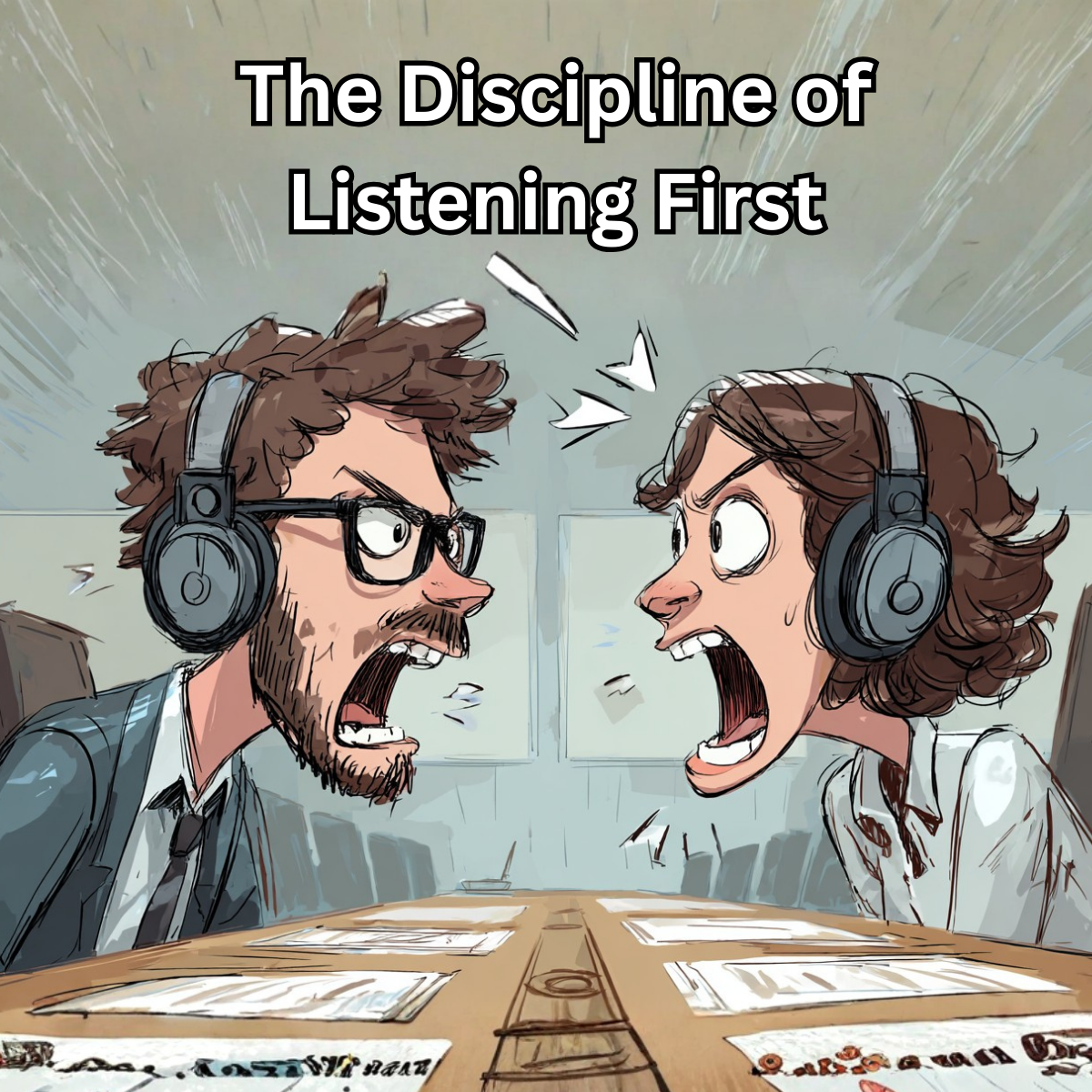In ancient Greece there was a place that served as the seat of the great Oracle known as Pythia. This was a title given to the high priestess that would sit in the Temple of Apollo in the ancient city known as Delphi and provide guidance and advice. Started around 800 years BCE, this location and tradition would continue on for several hundred years. The Oracle at Delphi would provide wisdom to those that would seek to inquire. Definitely a place worth a visit if you ever go to Greece. The Temple of Apollo is in ruins now, but over the years many temples were built on this site to house the Oracle. The last temple which is what the ruins are that are left of, was said to have many inscriptions. There was what is called the 147 Delphic Maxims inscribed throughout the temple. These maxims were said to have been written by the Seven Sages of Greece. These were the famous philosopher kings that lived in the 6th Century BCE and were well known for their wisdom. The 147 maxims are many things that we hold as a common civil code these days.
I will not list them all but you can guess several of them. Things like “follow God”, “respect your parents” and “control your temper” are examples of the maxims. You should look them up, just search for 147 Delphic Maxims. You can compare how you are doing in modern times to what the ancients viewed as proper living. I want through the, there were several that I was happy to read about, many that I thought I should consider and perhaps implement and a few that I might find extremely challenging, the most difficult being “Control Thy Wife.” Ha! As if. There will be many you will recognize, concepts that will repeat in the teachings of many scholars, teachers, and philosophers throughout the history of human kind.
There were three maxims, making a total of 150 that were the most important. These adorned the columns in the forecourt of the temple. These are the ones that you would read while waiting to see the Oracle. Those three were:
1. Know thyself
2. Nothing in excess
3. Surety brings ruin
I will probably think about these three in more detail, but the the first one caught my attention. Know thyself. Plato’s character Socrates would often use this concept when beginning dialog. This was the first piece of major advice given to any young student. It is the most important consideration for a high functioning, productive member of society. Someone that can truly contribute value to a society. The advice is to know thyself. Now I could spend days and days trying to explain this concept, it is certainly not a trivial thought. This has been reviewed and discussed at great lengths by philosophers, poets, musicians and teachers much more skilled than I.
At first glance, I think there are many applications. Probably the most important consideration is to know what your nature is, where fate is leading you, what you like and dislike. Know what you are good at, where your talent lies. I think the natural extension of this thought is then to not take on things that you just cannot handle. Do not over extend yourself. Do not tempt fate by being so prideful to think that you can overcome your own nature. I would also argue, as I think Plato did as well, that if you first seek to know yourself then you are more likely to understand others. We are probably more alike than we are different. If you ever want to overcome your own weaknesses, defeat any enemies, help any in need than it is probably really important to know yourself first.
Guy Reams



